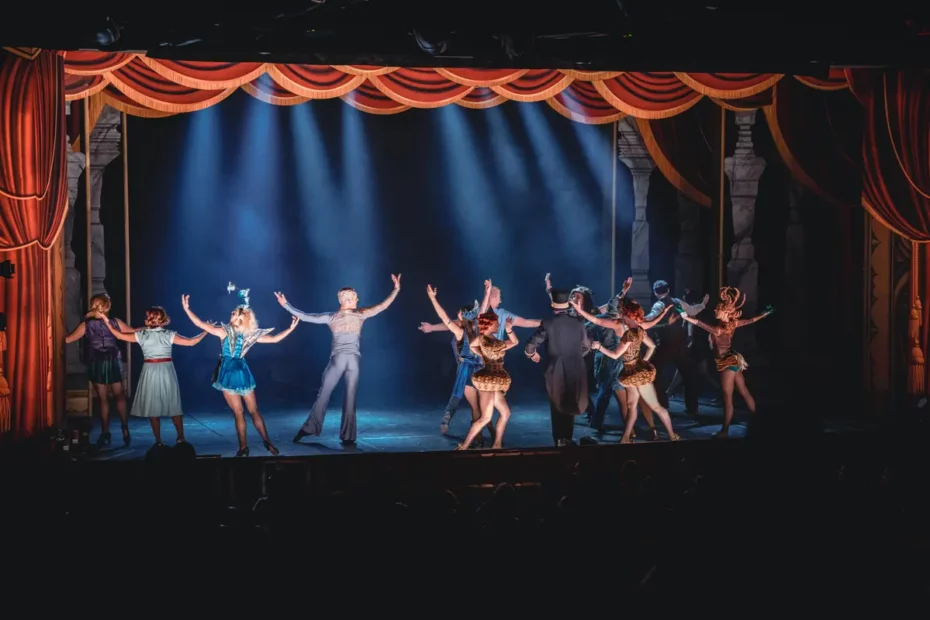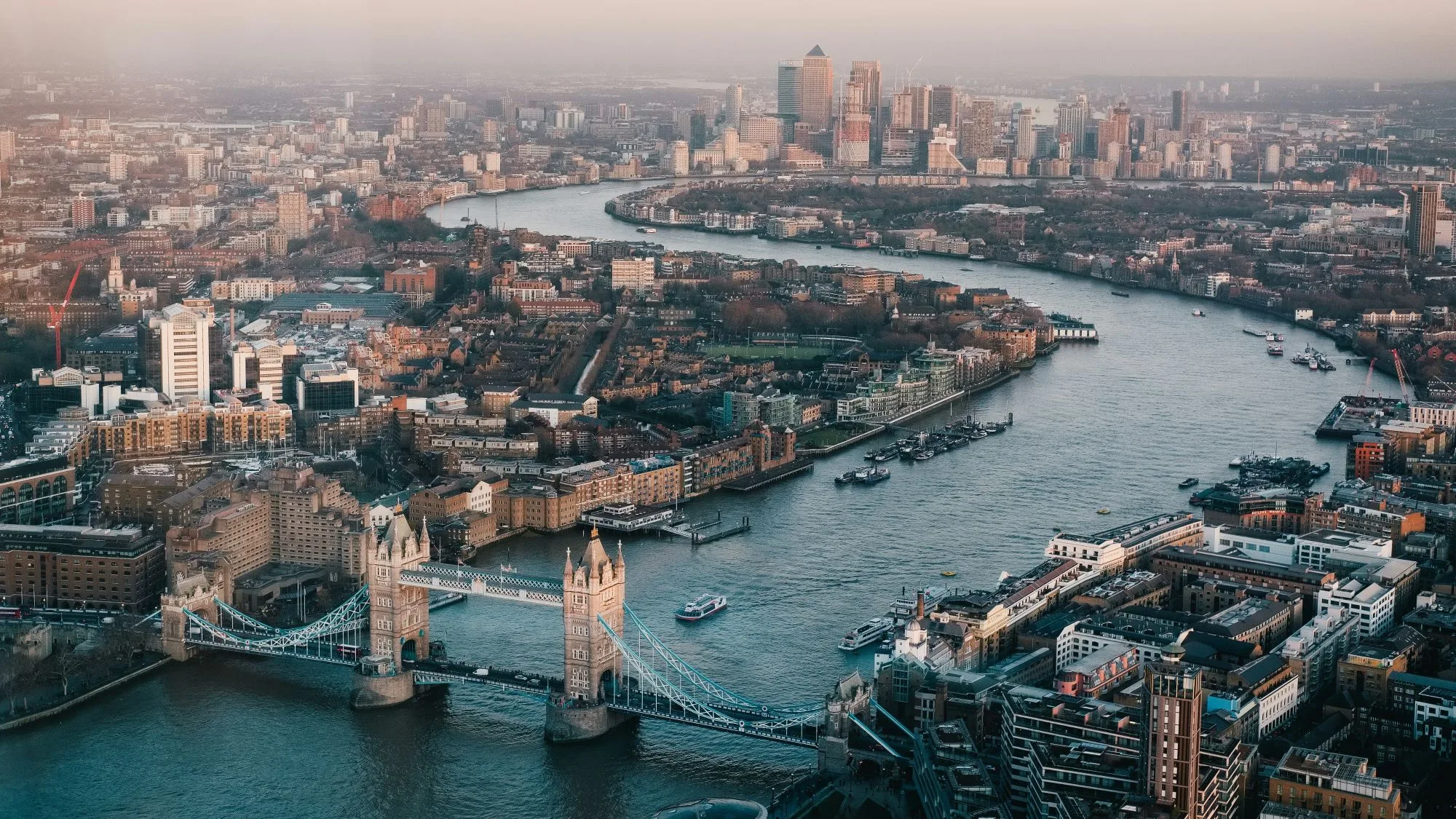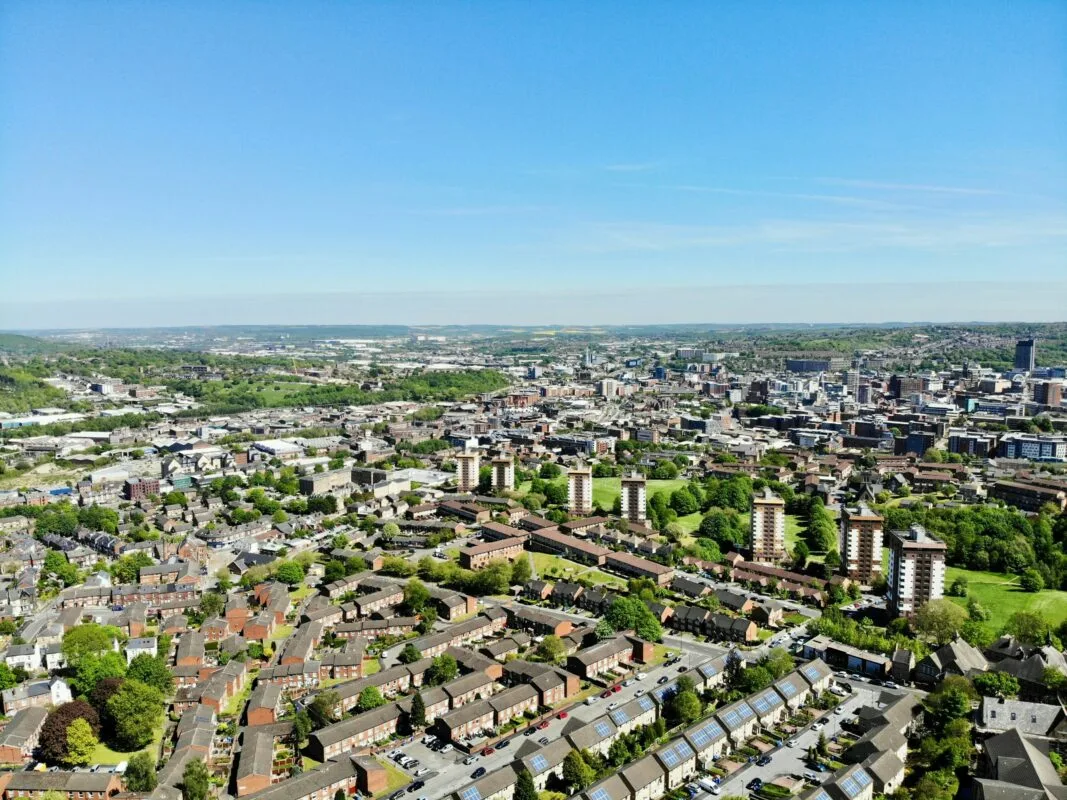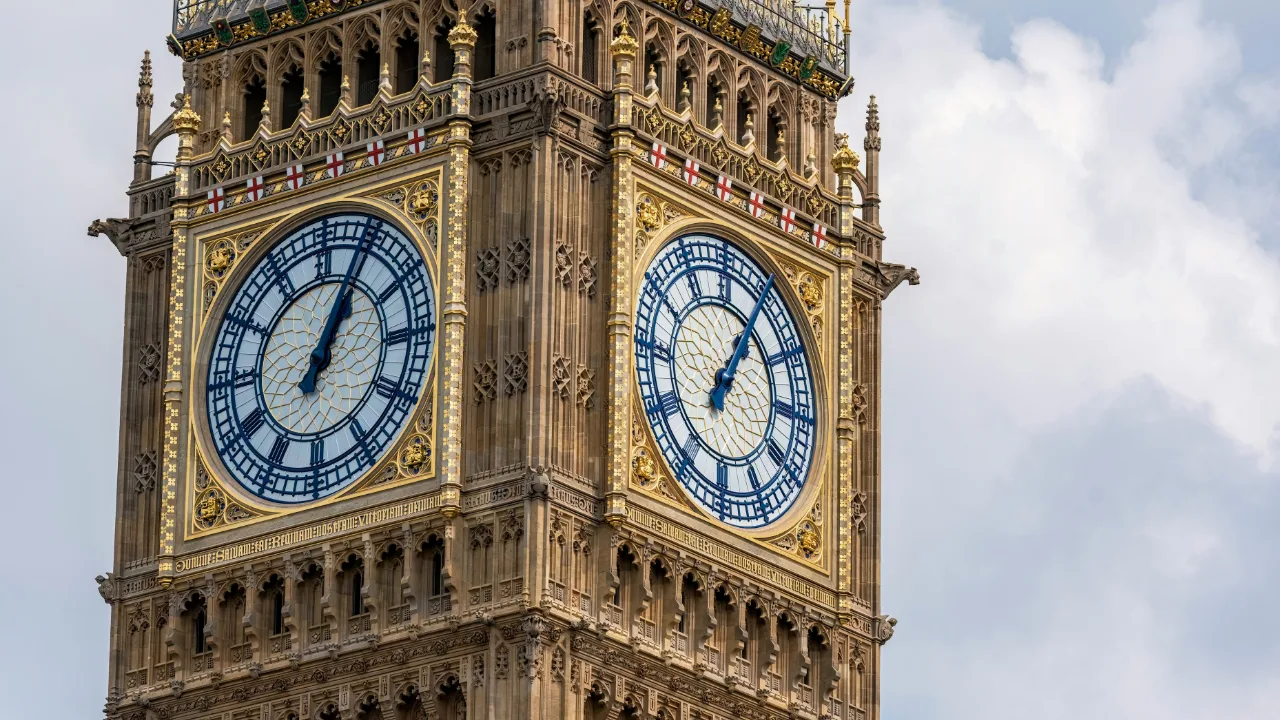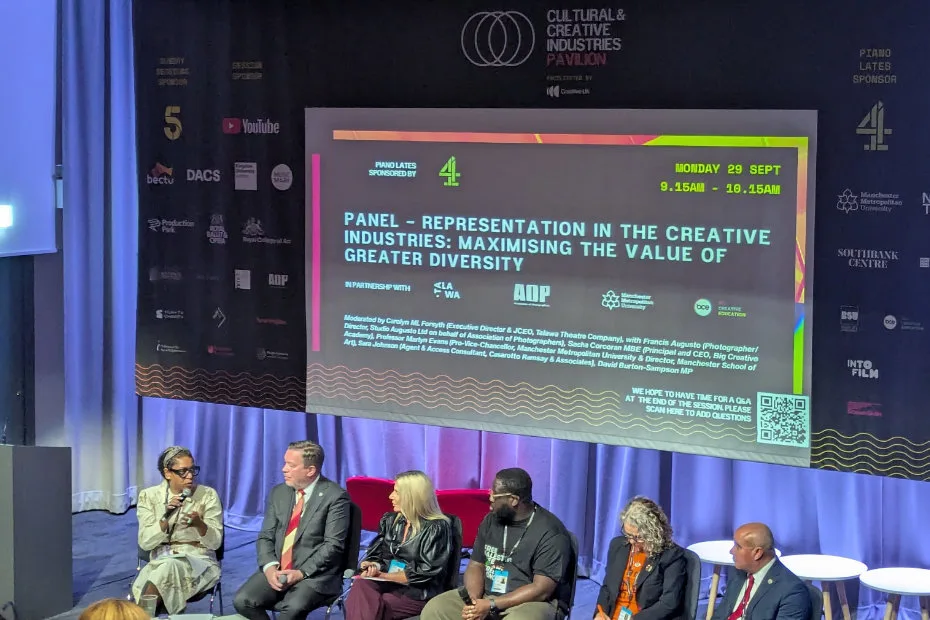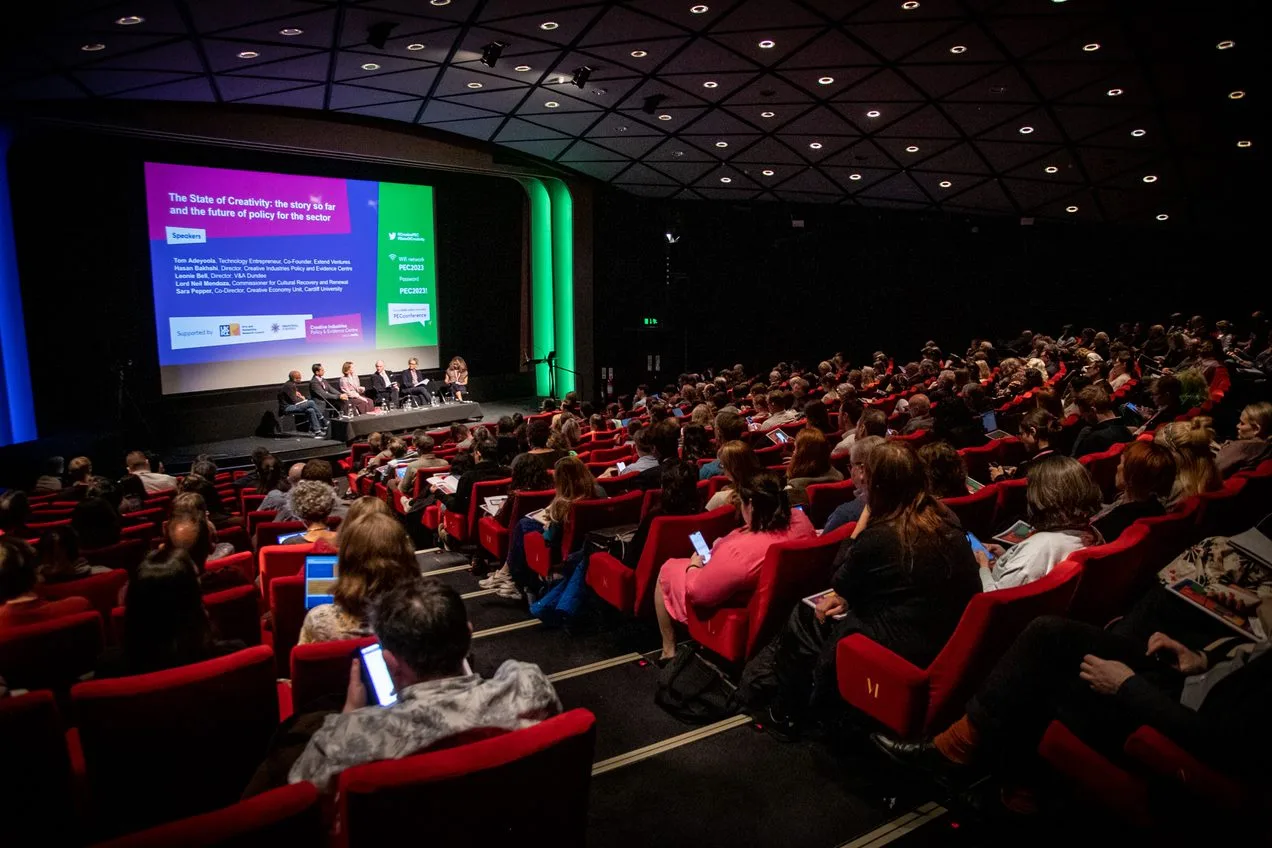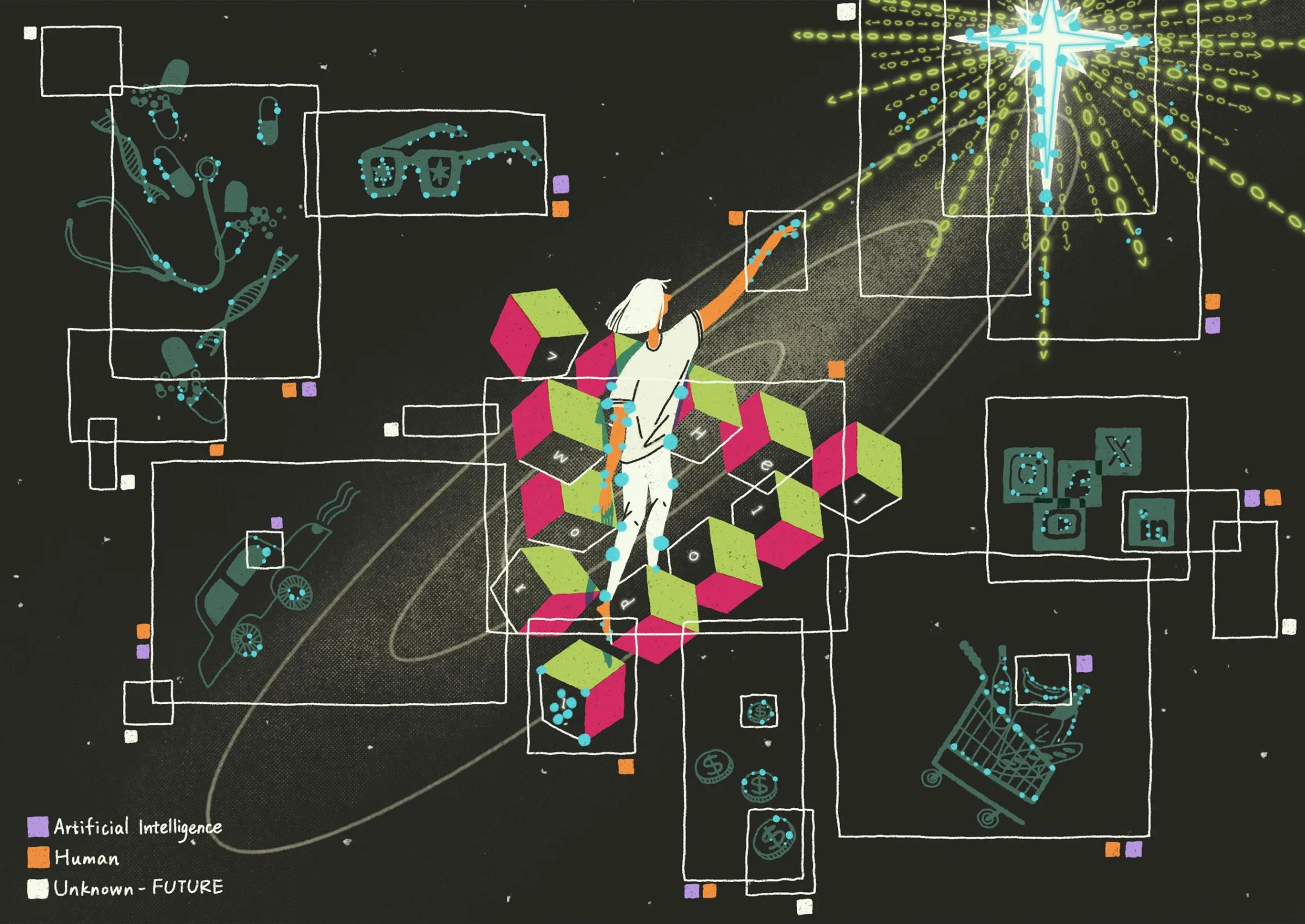This blog is based on the Freelancers in the Dark Interim Report #1 which was published on Thursday 6th May 2021 and draws on a nationwide survey with 397 respondents.
UPDATE: The completed ‘Freelancers in the Dark’ report can be downloaded here.
The pandemic and the health measures addressing it have dealt a double blow to the performing arts sector. Physical restrictions have disrupted live art forms with audiences at their core, while structural vulnerabilities in the industries which produce them have been starkly exposed.
The sector relies on a workforce that is 88% self-employed or freelance (compared to a national average of 15%), and government support for those in this form of employment has been full of well-documented holes.
We have already seen a contraction of the self-employed performing arts workforce since March 2020, with indications that this spikes around existing inequalities.
This is the backdrop to theatre production, where lives, livelihoods, and creative practices have been highly disrupted. Freelancers in the Dark is a rapid 18-month research project aiming to capture the experiences of theatre freelancers and learn from them to understand what might be needed to safeguard a future for theatre and its workforce in the UK.
Counter to the image of closed theatre doors, our emerging findings show theatre freelancers busy developing new skills and networks, reorganising their working lives, and providing care, support, and advocacy for one another. This is counterbalanced with a marked sense of pessimism about future working lives in theatre. The pandemic has reconfigured theatre freelancer’s professional and personal lives, and our report asks what this means for the future of the sector.
Our survey sheds light on how theatre freelancers are feeling about their futures. 72.4% of respondents felt more or much more pessimistic about their future as a theatre freelancer, while only 7.3% felt more or much more optimistic.
This pessimism also came through free-text answers which spoke of manifold experiences of hardship, loss of income, and the loss of identity linked to a loss of work. This is the subjective experience of figures which show a contraction of the size of the theatre freelance workforce.
Behind the emerging picture of significant job losses in the performing arts sits a complex picture of the reorganisation of theatre freelancers’ livelihoods. Portfolio working makes the distinction between ‘leaving’ and ‘staying’ in the theatre sector blurry as theatre freelancers often carefully manage multiple roles both inside and outside the sector. Our survey and interviews show that the income sources within our respondent’s portfolio careers has skewed away from theatre.
A lack of structural support and financial uncertainty were the two largest reported barriers to the development of a freelance theatre career since the onset of the pandemic. Correspondingly, we can see a significant correlation between theatre freelancer’s feeling optimistic about their futures and feeling supported by previous employers during the pandemic. As such, theatre freelancer’s futures within the sector depends not only on financial confidence (which was limited even pre-pandemic), but also on the rebuilding of trust between freelancers and the organisations they work for.
Our emerging findings also make clear that theatre freelancer’s livelihoods are deeply entangled with their peers. We see that those who have developed closer ties with other theatre freelancers over the course of the pandemic display higher levels of optimism, and higher levels of skills development.
This corresponds with the mobilisation, since March 2020, of organised groups of theatre freelancers. Groups such as Freelancers Make Theatre Work have developed a platform for theatre freelancers to self-advocate, skill share, and provide mutual support. These new forms of theatre freelancer self-organisation suggest that individual, peer-to-peer support networks should be a part of how we imagine the future of the theatre workforce.
These emerging findings allow us to make some early recommendations for policy and practice. Firstly, we suggest that sector ‘recovery’ requires careful attention to the complex and adaptive career paths of freelancers as a significant workforce. What’s more, restoring the theatre sector will be about more than switching the lights on and hiring freelancers again. Future organisational and public policies will need to look at more collaborative, equitable relationships built on trust and long-term economic, social, and civic career satisfaction. Finally, greater optimism and hope for the future of theatre and creative work can be realised by greater attention to the powerful informal peer networks of freelancers. Employing organisations are well placed to magnify this power by adopting enabling rather than managing roles. Our emerging findings suggest that these recommendations will help the theatre sector chart a course towards a more hopeful future.
You can contact the authors via email.
Related Blogs
Why London is investing in Creative Enterprise Zones
London Mayor Sir Sadiq Khan announces £2.2 million in new funding for Creative Enterprise Zones.
Research resources on Creative Clusters
We’ve collated recent Creative PEC reports to help with the preparation of your Creative Cluster bid…
What UK Job Postings Reveal About the Changing Demand for Creativity Skills in the Age of Generative AI
The emergence of AI promises faster economic growth, but also raises concerns about labour market di…
Creative PEC’s digest of the 2025 Autumn Budget
Creative PEC's Policy Unit digests the Government’s 2025 Budget and its impact on the UK’s creative …
Why do freelancers fall through the gaps?
Why are freelancers in the Performing Arts consistently overlooked, unseen, and unheard?
Insights from the Labour Party Conference 2025
Creative PEC Policy Adviser Emily Hopkins attended the Labour Party Conference in September 2025.
Association of South-East Asian Nations’ long-term view of the creative economy
John Newbigin examines the ASEAN approach to sustainability and the creative economy.
Culture, community resilience and climate change: becoming custodians of our planet
Reflecting on the relationship between climate change, cultural expressions and island states.
Cultural Industries at the Crossroads of Tourism and Development in the Maldives
Eduardo Saravia explores the significant opportunities – and risks – of relying on tourism.
When Data Hurts: What the Arts Can Learn from the BLS Firing
Douglas Noonan and Joanna Woronkowicz discuss the dangers of dismissing or discarding data that does…
Rewriting the Logic: Designing Responsible AI for the Creative Sector
As AI reshapes how culture is made and shared, Ve Dewey asks: Who gets to create? Whose voices are e…
